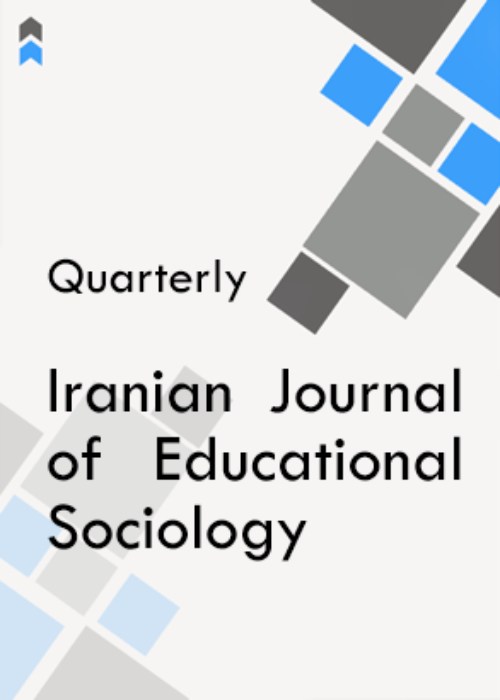Designing a STEAM-based Educational Learning Package of Social Sciences Textbooks Based on the Thinking Design Model and Evaluating its Effectiveness on Problem-Solving Ability, Creativity, and Attitudes of Primary School Students
STEAM is the term given to a growing field of research and practice that integrates arts and social sciences into traditional sciences, technology, engineering, and mathematics subjects. The purpose of this study is to develop a STEAM-based educational learning package of social sciences textbooks and investigate its effect on the attitude, problem-solving ability, and creativity of sixth-grade primary school students of Bushehr in Iran. The design thinking model was used to design the training package.
The present study was quantitative applied research. The research design is quasi-experimental with pre-test and post-test with the experimental and control group (unequal control group). The statistical population of this study included all students studying in the sixth grades of public primary schools in Busher in the academic year 2020-2021. Due to the nature of the research which is quasi-experimental and also with respect to the subject drop, 44 participants were considered as the statistical sample (22 students in each group) and they were selected by "accessible" purposeful sampling and randomly divided into experimental and control groups. The STEAM training package was designed in 13 sessions and each training session took a 35-minute duration in the form of 14 projects, and its implementation lasted for 2 months. In order to design each social science lesson project, a focus group meeting was held with the members. Data were collected based on three questionnaires: Hepner and Kruskal's problem-solving skills test, Shaffer's creative attitude survey, and Aiken's scientific attitude test. The face validity of the educational package was confirmed using experts' opinions. In order to check the hypotheses of this research, covariance analysis was used.
The presuppositions of the statistical test of covariance analysis, including the Kolmogorov- Smirnov test for the normality of the research variables and Levin's test for the homogeneity of the variances of the educational variables were confirmed. After that, the effects of the implementation of the steam-based educational package were investigated, and the results of the covariance analysis showed that the implementation of the educational package had an effect of (0.94) on creativity and problem-solving (0.90), and attitude (0.97) on students. The results of the Kolmogorov-Smirnov test showed that the creativity, attitude, and problem-solving skills variables of students have a normal distribution (p> 0.05). The results of the Levin test indicate that these assumptions are confirmed (p> 0.05).
Based on the findings, it can be concluded that the STEAM-based training package increases problem-solving ability, creativity, and a positive attitude towards the course of social sciences.
- حق عضویت دریافتی صرف حمایت از نشریات عضو و نگهداری، تکمیل و توسعه مگیران میشود.
- پرداخت حق اشتراک و دانلود مقالات اجازه بازنشر آن در سایر رسانههای چاپی و دیجیتال را به کاربر نمیدهد.



